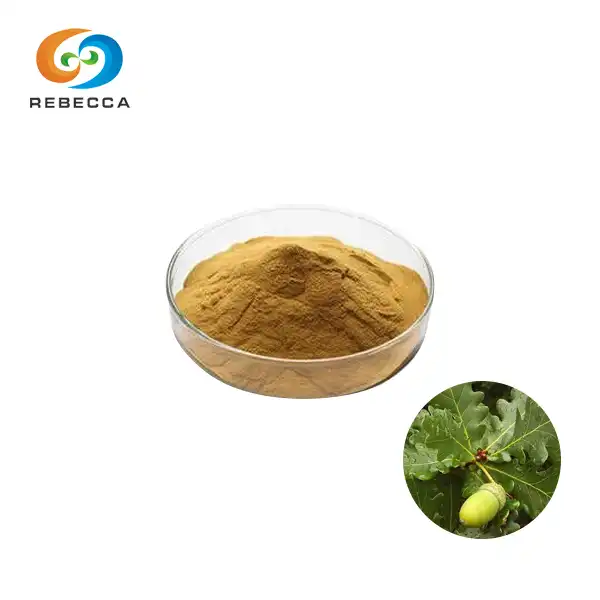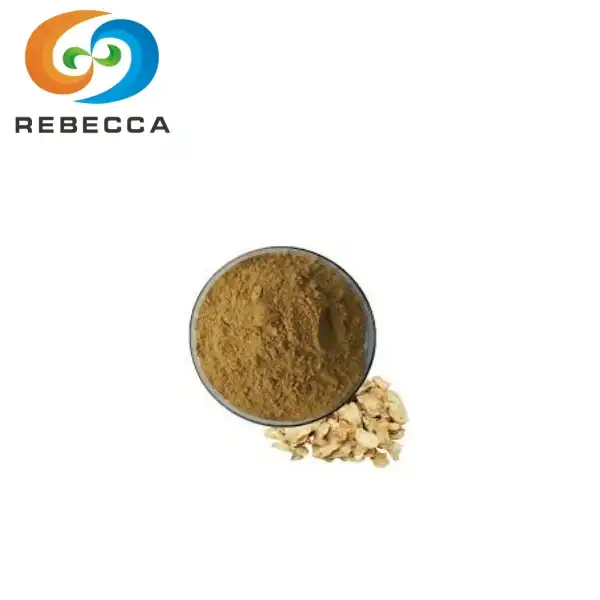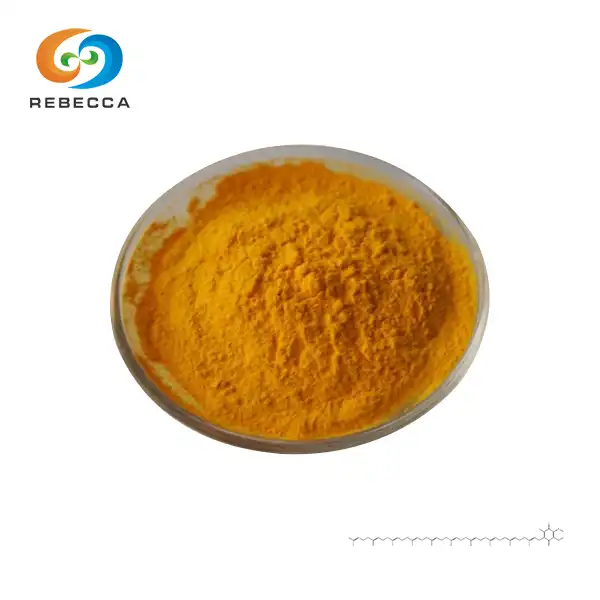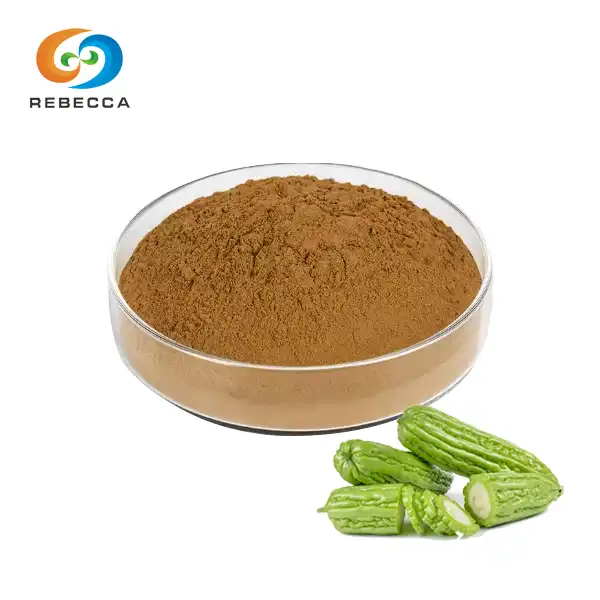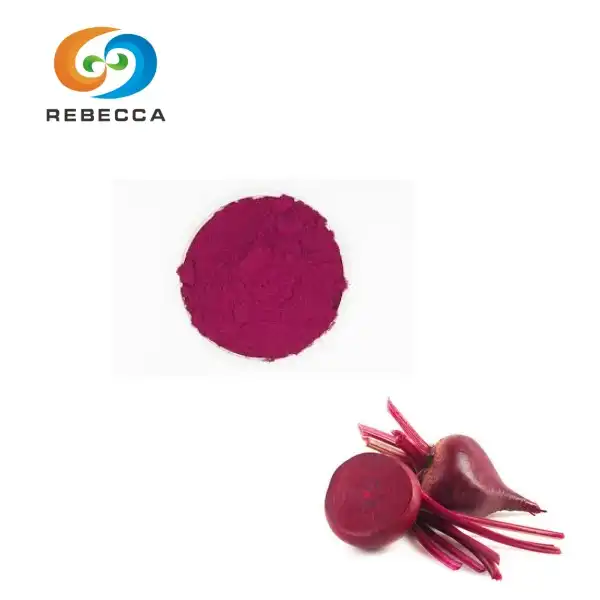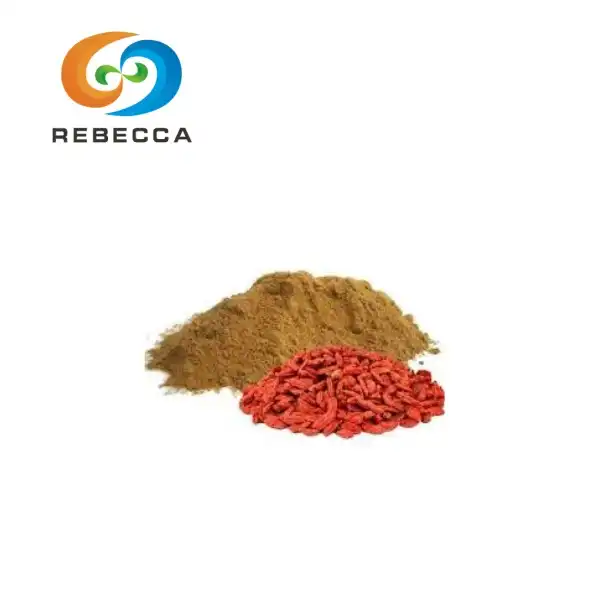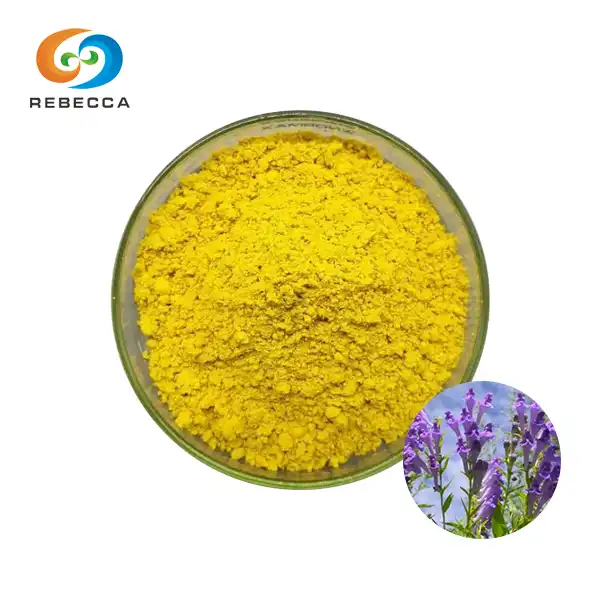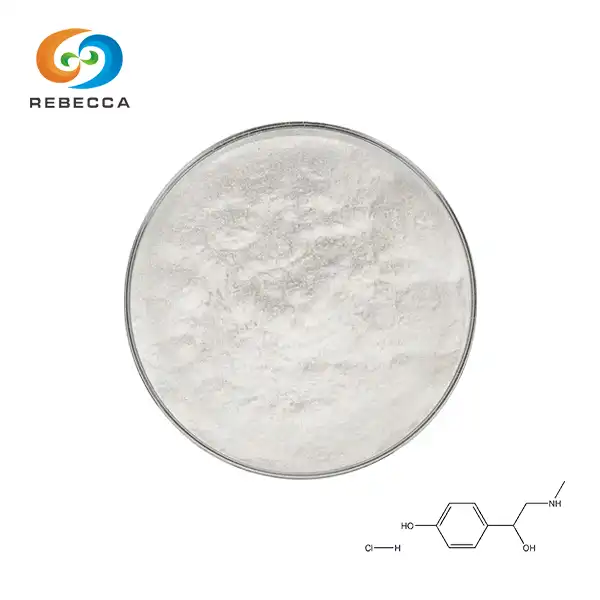Is ground turmeric as healthy as fresh?
Turmeric has become a staple in many kitchens and health-conscious households due to its potent anti-inflammatory and antioxidant properties. As its popularity grows, many wonder whether ground turmeric, which is more readily available and convenient, can match the health benefits of fresh turmeric root. In this comprehensive guide, we'll explore the differences between ground and fresh turmeric, their respective health benefits, and how to maximize the potential of ground turmeric in your daily routine.

Ground vs Fresh Turmeric: Nutrient Comparison
When comparing ground turmeric to its fresh counterpart, it's essential to understand the differences in their nutritional profiles:
Curcumin Content
Curcumin, the primary active compound in turmeric, is responsible for many of its health benefits. Fresh turmeric root typically contains about 3% curcumin by weight, while high-quality ground turmeric can contain between 3-7% curcumin. The drying process used to create ground turmeric can actually concentrate the curcumin content, potentially making it more potent than fresh turmeric in some cases.
Volatile Oils
Fresh turmeric root contains volatile oils that give it its distinctive aroma and may offer health benefits. However, some of these oils are lost during the drying and grinding process, which can reduce the potency of ground turmeric. This loss may affect the overall effectiveness of the powdered form, potentially diminishing its beneficial properties. To maximize the health benefits, using fresh turmeric or minimally processed turmeric may be more effective than relying solely on the ground variety.
Fiber Content
Fresh turmeric root contains more fiber compared to its ground form. This fiber supports digestive health and enhances the overall nutritional value of fresh turmeric. By incorporating fresh turmeric into your diet, you can benefit from its higher fiber content, which may help improve digestion and contribute to better overall wellness. Ground turmeric, while still beneficial, has a lower fiber content due to processing.
Vitamin C
Fresh turmeric root is a good source of vitamin C, which plays a crucial role in supporting the immune system and overall health. However, much of this vitamin is lost during the drying process, which significantly reduces its content in ground turmeric. Consequently, ground turmeric contains only trace amounts of vitamin C compared to its fresh counterpart. To maximize the intake of vitamin C, it's beneficial to use fresh turmeric rather than relying solely on the powdered form.
Health Benefits: Fresh vs Ground Turmeric
Both fresh and ground turmeric offer numerous health benefits, though there may be slight differences in their efficacy:
Anti-inflammatory Properties
Both forms of turmeric exhibit potent anti-inflammatory properties, primarily due to their curcumin content. While fresh turmeric may have a slight edge due to its intact volatile oils, high-quality ground turmeric can be equally effective in reducing inflammation.
Antioxidant Activity
Curcumin is a powerful antioxidant, and both fresh and ground turmeric can help combat oxidative stress in the body. The concentrated curcumin content in some ground turmeric products may even provide a higher antioxidant capacity.
Digestive Health
Fresh turmeric may have a slight advantage in promoting digestive health due to its higher fiber content. However, both forms can help alleviate digestive issues and support gut health.
Bioavailability
The bioavailability of curcumin is generally low, regardless of whether it comes from fresh or ground turmeric. However, certain preparation methods can enhance absorption, which we'll discuss in the next section.

How to Use Ground Turmeric for Maximum Benefits?
To maximize the health benefits of ground turmeric, consider the following tips:
Pair with Black Pepper
Piperine, a compound in black pepper, can increase curcumin absorption by up to 2000%. To maximize the bioavailability of curcumin, always add a pinch of black pepper when using ground turmeric. This simple combination significantly enhances the effectiveness of turmeric, allowing your body to better absorb its beneficial properties.
Consume with Healthy Fats
Curcumin is fat-soluble, so it's absorbed more effectively when paired with healthy fats. To boost its absorption, incorporate ground turmeric into dishes that contain olive oil, coconut oil, or avocado. These healthy fats help increase the bioavailability of curcumin, allowing your body to better utilize its powerful anti-inflammatory and antioxidant properties.
Heat Activation
Heating ground turmeric can enhance the solubility of curcumin, making it more bioavailable. To maximize its benefits, incorporate ground turmeric into cooked dishes or prepare golden milk by heating turmeric with milk and spices. This process helps improve curcumin's absorption, allowing your body to better utilize its anti-inflammatory and antioxidant properties.
Choose High-Quality Products
Choose high-quality, organic ground turmeric from trusted sources to ensure the highest curcumin content and reduce the risk of contaminants. Organic turmeric is less likely to contain harmful pesticides or chemicals, providing a purer, more potent product.
Consider Supplements
For therapeutic doses of curcumin, consider using high-quality turmeric or curcumin supplements. These supplements often feature optimized formulations designed to improve absorption and maximize the effectiveness of curcumin. This can provide a more efficient way to reap the health benefits of curcumin, especially if you're seeking specific therapeutic effects.

Conclusion
In conclusion, while fresh turmeric root may have some advantages in terms of fiber content and volatile oils, high-quality ground turmeric can be just as beneficial for your health. The key lies in proper preparation and consumption methods to maximize its potential. Whether you choose fresh or ground turmeric, incorporating this golden spice into your diet can contribute to overall health and well-being. For more information on high-quality turmeric extracts and other natural herbal products, please contact us at information@sxrebecca.com.
References
1. Prasad S, Aggarwal BB. Turmeric, the Golden Spice: From Traditional Medicine to Modern Medicine. In: Herbal Medicine: Biomolecular and Clinical Aspects. 2nd edition. CRC Press/Taylor & Francis; 2011.
2. Hewlings SJ, Kalman DS. Curcumin: A Review of Its' Effects on Human Health. Foods. 2017;6(10):92.
3. Shoba G, Joy D, Joseph T, Majeed M, Rajendran R, Srinivas PS. Influence of piperine on the pharmacokinetics of curcumin in animals and human volunteers. Planta Med. 1998;64(4):353-356.
4. Lao CD, Ruffin MT 4th, Normolle D, et al. Dose escalation of a curcuminoid formulation. BMC Complement Altern Med. 2006;6:10.
5. Gupta SC, Patchva S, Aggarwal BB. Therapeutic roles of curcumin: lessons learned from clinical trials. AAPS J. 2013;15(1):195-218.
_1730691017423.webp)










